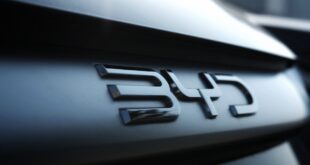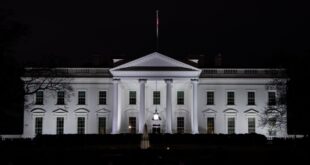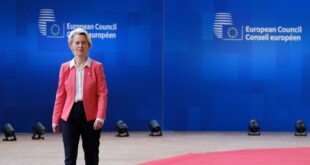By Shehab al-Makahleh •
The bloc of four nations entailing Saudi Arabia, Jordan, Morocco and the United Arab Emirates with overall population estimated at 75 million, occupying an area of 2.95 million square kilometers would become a regional power to counter Iran and any other regional country posing a threat to Arabs.
The four countries’ bloc has a huge GDP and manpower along with developed armed and security forces making them a model for neighbouring nations. The rise of modern extremist groups including Daesh and al-Qa’ida poses high risks on the Arab states, as these terrorist groups thrive in areas where the state power is weak or has collapsed. Extremist factions surface and act strongly and decisively to fill the power vacuum. To promise hope and better future these radical groups infuse their messages with religious rhetoric to gain popularity among communities which live under poverty and economic hardship, uncertainties and humiliation.
The idea of the 4-state bloc aims to counter such radical movements which create a bad image about Islam. In simple terms they can be defined as the new Kharijites. Kharijites was a rebel group that rose against Caliph Ali bin Abi Taleb, in the 7th century, that alike Daesh and Al-Qa’ida today used the Quran as their ideological reference to justify their misconducts.
How can the four countries orchestrate their efforts to counter extremism and terrorism?
Notably, Saudi Arabia—a Cradle of Islam and the home to two Holy Shrines—oil rich country with a GDP of over US$900 billion, slated to increase by 2020 to US$1 trillion, would start overhauling its educational system and media in order to address the current streams of Islamism. The UAE is the second biggest economy in the Gulf Cooperation Council with a GDP equal to US$780 billion. Both the UAE and KSA have been supporting Jordan and Morocco, two monarchies, for many years. The KSA and the UAE governments and big companies have invested in both countries to help improve economic performance and to create more job openings. This support has helped Jordan and Morocco to a great extent avoid tough economic predicaments. It is known that Jordan is cooperating with many Gulf countries in terms of security and the same applies to Morocco which has some of its soldiers and security forces stationed in the Gulf since 1980s. Jordan and Morocco consider the security of KSA and the UAE as a red line against any external intervention or against any terrorist attempt to tamper with the security of both the UAE and KSA. Amman and Rabat have both lent verbal support to Abu Dhabi and Riyadh over Iranian threats. The bloc of the four nations will balance the power of Iran and its manpower as well.
Since the so-called Arab Spring in 2011, the Gulf countries have seen in Jordan and Morocco their best allies to avert attempts to destabilize the Arab Gulf. This proved right in the incidents of Bahrain where Jordanian and Moroccan security forces have taken part and managed to thwart all attempts to topple the government in Manama.
The bloc in this sense brings together four natural allies with common interests, a realization which resulted in the proposition of US$5 billion of loans to both Morocco and Jordan to help qualify their economies to join the Gulf Cooperation Council. The Moroccan L’Economiste claimed in an article that GCC investment fund will be set up by 2024 to help the country create more job opportunities. The sources of the fund will be Saudi and the Emirati.
Shehab al-Makahleh is a co-founder of Geostrategic Media, Senior Media and Political Adviser in the Middle East
 Geostrategic Media Political Commentary, Analysis, Security, Defense
Geostrategic Media Political Commentary, Analysis, Security, Defense





